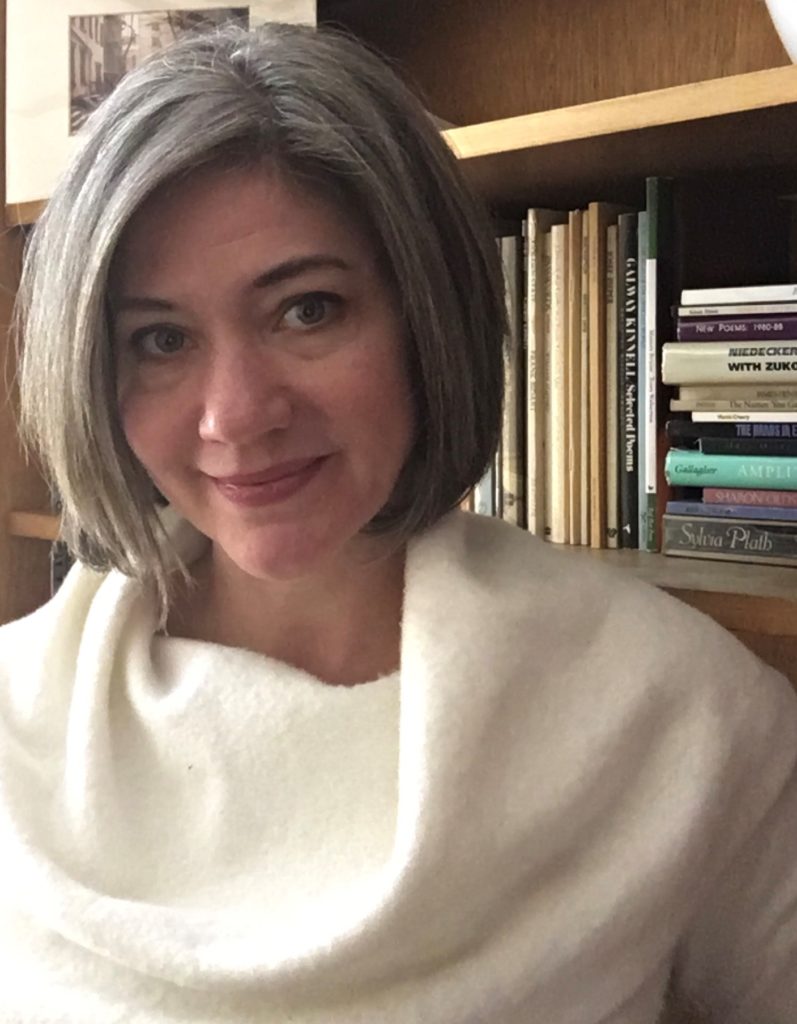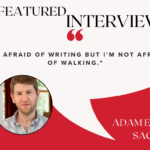Here are a few words from our genre editors about the kind of work they’re looking for:
Fiction Editor Michael Griffith: We want, first and foremost, to cast a wide net. If our taste ever pinches or contracts to a recognizable “house style,” we’ve failed. And so we value variety and diversity of every kind: of angle of vision, tone, subject, setting, form, lived experience. What else? John Updike once said of Vladimir Nabokov that he “writes prose the only way it should be written, that is, ecstatically.” That’s the kind of fiction we’re looking to publish in The Cincinnati Review. Sure, “Write like Nabokov” isn’t exactly a helpful hint. But what we mean is that we’re looking for work that has line-by-line energy, verve, snap, conviction; we’re looking for work that, whatever its tone or form or aesthetic, takes risks. Work that’s not just ecstatic, but that makes its reader feel ecstatic, too, aware of and alive to new possibilities.
Literary Nonfiction Editor Kristen Iversen: Literary Nonfiction is a complex field and we welcome work that embraces and challenges that very fine balance between ethics and aesthetics, storytelling and its (sometimes tenuous) connection to notions of truth. We’re inspired by nonfiction that is not merely transactional (that is, imparting fact and information) but transformational; essays or stories that reveal the joys of language and human thought and experience through their connections to lived experience, research, memory, and—yes—“fact.” We’re interested in reading accounts we haven’t heard before, from writers with a variety of backgrounds. We seek work that is grounded in the real but soars to the highest expressions of literary art and isn’t afraid to take a few risks along the way.
Poetry Editor Rebecca Lindenberg: It’s a privilege and a serious charge to serve as a genre editor for a magazine with such history as The Cincinnati Review, and it’s also a huge pleasure and a thrill. When I think deeply about what the poems I want to publish have in common, I think it’s this: I’m always more excited about a good poem than a perfect one. Which is to say, I’m intrigued by poets whose work has its own unique potential energy, whether it’s highly accomplished or riskily ambitious or meaningfully idiosyncratic or subtly very moving. But I’m always looking for that moment when the hairs on the back of my arms rise—an unexpected image or a church-noise-worthy end or a beautiful turn of phrase or a moment of ecstatic levity or a quiet thrill of recognition. Beyond what the poems I want to publish have in common, though, I’m always also thinking about what they don’t—and this is tremendously important to me. I want to publish a range of aesthetic commitments, I want to publish new and emerging writers as well as those more established, and I love the opportunity the magazine affords me of discovering writers whose work I don’t know yet. And crucially, I want the magazine to exhibit the splendid diversity of American poetry’s large (and growing larger) community and conversation. I’m committed to amplifying voices and subjects that have been historically ignored. So please send us your best work, and know we will relish the opportunity to read it and treat it all with thoughtful consideration and respect.









